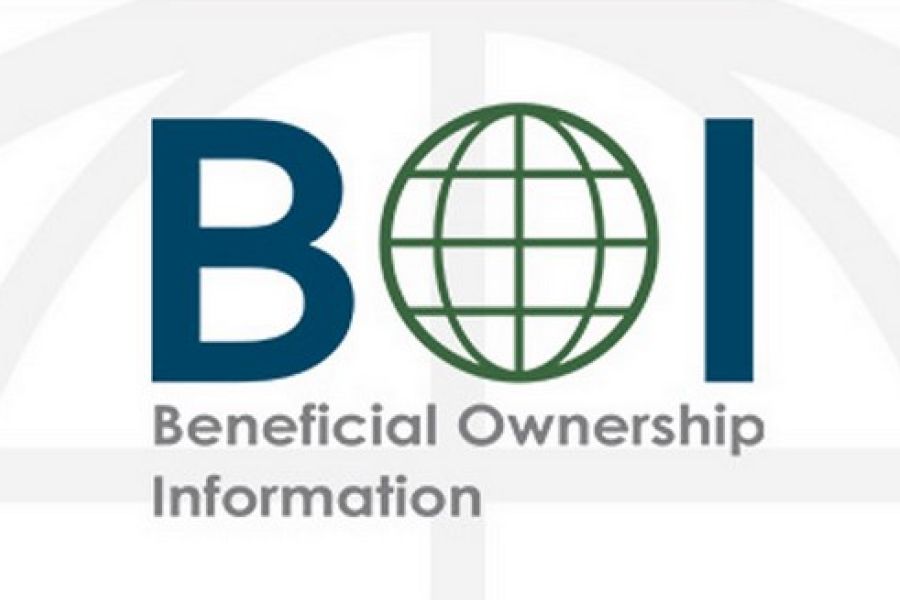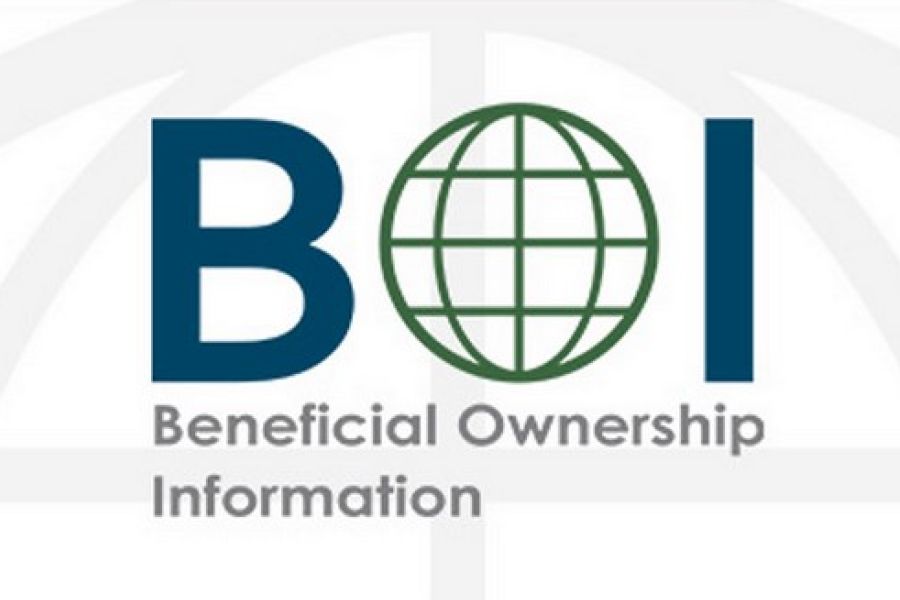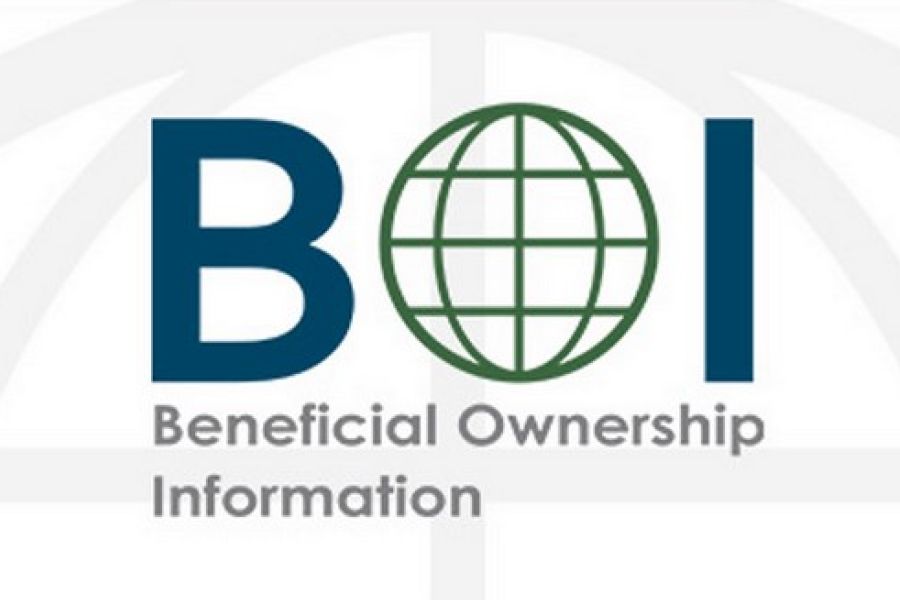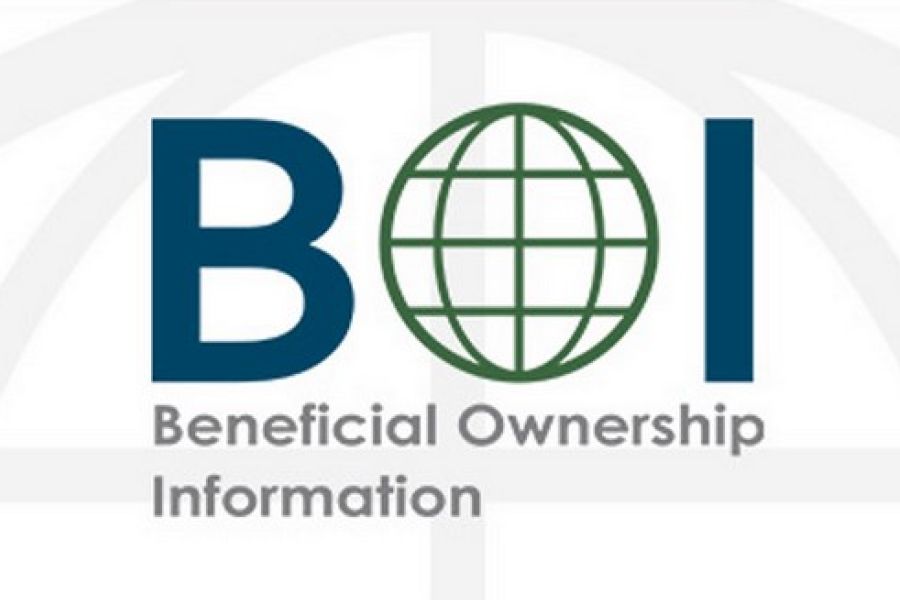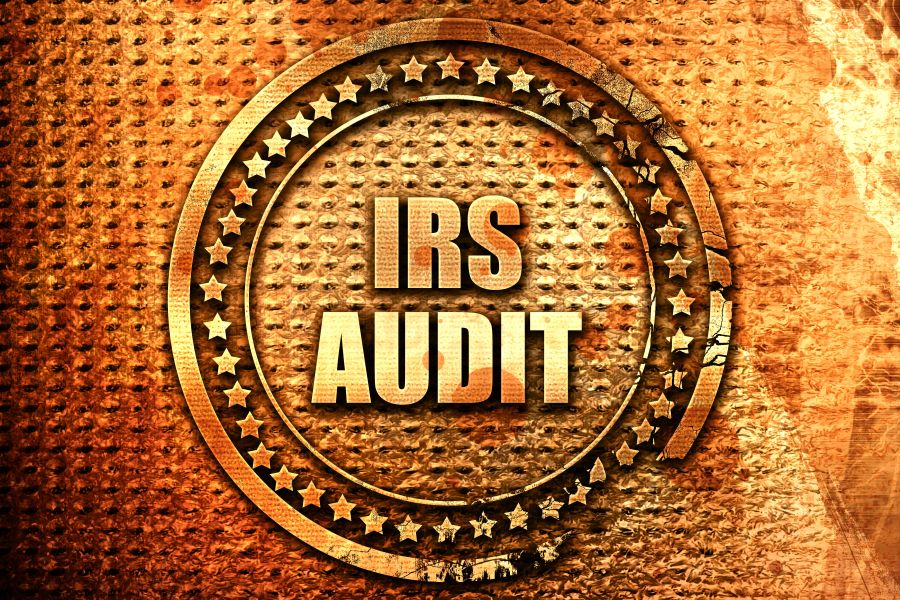Good news for small businesses: The deadline for filing Beneficial Ownership Information (BOI) reports might be extended by a year. The House of Representatives has proposed a continuing resolution that includes this extension, pushing the deadline from January 1, 2025, to January 1, 2026, for companies formed or registered before January 1, 2024. . This 1,500-page funding bill, aimed at preventing a government shutdown by extending funding through to March 14, 2025, is up for a vote soon. Section 122 of the document specifically addresses this extension, amending the existing law to reflect the new deadline. . AICPA's Role in Advocacy . Melanie Lauridsen, Vice President of Tax Policy & Advocacy at the AICPA, celebrated this move in a LinkedIn post, noting it as a long-fought victory. The AICPA, along with...

The landscape of compliance with the Beneficial Ownership Information (BOI) Reporting requirement under the Corporate Transparency Act (CTA) has changed dramatically following a recent federal court decision. Here’s what businesses need to know about the current status and next steps. . Background on the Corporate Transparency Act The CTA mandates that certain businesses report detailed information about their beneficial owners, officers, and control persons to the Financial Crimes Enforcement Network (FinCEN). This law, aimed at curbing money laundering, terrorist financing, and tax evasion, was set to see its first major compliance deadline on January 1, 2025. However, the path to enforcement has hit significant roadblocks. . Legal challenges have been mounting, with multiple lawsuits questioning the constitutionality of the CTA. A pivotal moment came when the U.S. District Court for...
How much can you and your employees contribute to your 401(k)s or other retirement plans next year? In Notice 2024-80, the IRS recently announced cost-of-living adjustments that apply to the dollar limitations for retirement plans, as well as other qualified plans, for 2025. With inflation easing, the amounts aren’t increasing as much as in recent years. 401(k) plans The 2025 contribution limit for employees who participate in 401(k) plans will increase to $23,500 (up from $23,000 in 2024). This contribution amount also applies to 403(b) plans, most 457 plans and the federal government’s Thrift Savings Plan. The catch-up contribution limit for employees age 50 or over who participate in 401(k) plans and the other plans mentioned above will remain $7,500 (the same as in 2024). However, under the...
As a business owner, you may travel to visit customers, attend conferences, check on vendors and for other purposes. Understanding which travel expenses are tax deductible can significantly affect your bottom line. Properly managing travel costs can help ensure compliance and maximize your tax savings. Your tax home Eligible taxpayers can deduct the ordinary and necessary expenses of business travel when away from their “tax homes.” Ordinary means common and accepted in the industry. Necessary means helpful and appropriate for the business. Expenses aren’t deductible if they’re for personal purposes, lavish or extravagant. That doesn’t mean you can’t fly first class or stay in luxury hotels. But you’ll need to show that expenses were reasonable. Your tax home isn’t necessarily where you maintain your family home. Instead, it...
If you own a small business with no employees (other than your spouse) and want to set up a retirement plan, consider a solo 401(k) plan. This is also an option for self-employed individuals or business owners who wish to upgrade from a SIMPLE IRA or Simplified Employee Pension (SEP) plan. A solo 401(k), also known as an individual 401(k), may offer advantages in terms of contributions, tax savings and investment options. These accounts are geared toward self-employed individuals, including sole proprietors, owners of single-member limited liability companies, consultants and other one-person businesses. How much can you contribute? You can make large annual tax-deductible contributions to a solo 401(k) plan. For 2024, you can make an “elective deferral contribution” of up to $23,000 of your net self-employment (SE)...
In a groundbreaking decision, a federal district court in Texas has issued a nationwide preliminary injunction that blocks the enforcement of the beneficial ownership reporting requirements under the Corporate Transparency Act (CTA). This ruling comes from the case Texas Top Cop Shop v. Garland (December 3, 2024, U.S. District Court, Eastern District of Texas, Case No. 4:24-CV-478). . The court's decision is centered around the assertion that Congress overstepped its legislative bounds with the CTA. The judge determined that the law intrudes on the states' rights to regulate business entities within their jurisdiction, thereby deeming it unconstitutional. As a direct result, the U.S. Treasury's Financial Crimes Enforcement Network (FinCEN) is now barred from enforcing the upcoming January 1, 2025, deadline for reporting companies to submit their beneficial...
As we approach 2025, changes are coming to the Social Security wage base. The Social Security Administration recently announced that the wage base for computing Social Security tax will increase to $176,100 for 2025 (up from $168,600 for 2024). Wages and self-employment income above this amount aren’t subject to Social Security tax. If your business has employees, you may need to budget for additional payroll costs, especially if you have many high earners. Social Security basics The Federal Insurance Contributions Act (FICA) imposes two taxes on employers, employees and self-employed workers. One is for Old Age, Survivors and Disability Insurance, which is commonly known as the Social Security tax, and the other is for Hospital Insurance, which is commonly known as the Medicare tax. A maximum amount of compensation...
In 2021, Congress passed the Corporate Transparency Act (CTA). The CTA requires many entities doing business in the US to report information about the individuals who ultimately own or control them (the entity's "beneficial owners"). The CTA's expanded anti-money laundering laws require that small businesses report this beneficial owner information to the Financial Crimes Enforcement Network (FinCEN) in an effort to create a national database for use by national security and law enforcement agencies to prevent the use of shell companies for criminal activity. The new "Beneficial Ownership Interest" (BOI) reporting requirements, effective January 1, 2024, apply to domestic and foreign companies created or registered to do business in the US by filing a document with the Secretary of State (or similar office). While certain types...
The IRS has been increasing its audit efforts, focusing on large businesses and high-income individuals. By 2026, it plans to nearly triple its audit rates for large corporations with assets exceeding $250 million. Under these plans, partnerships with assets over $10 million will also see audit rates increase tenfold by 2026. This ramp-up in audits is part of the IRS’s broader strategy, funded by the Inflation Reduction Act, to target wealthier entities and high-dollar noncompliance. The IRS doesn’t plan to increase audits for individuals making less than $400,000 annually. Small businesses are also unlikely to see a rise in audit rates in the near future, as the IRS is prioritizing more complex returns for higher-wealth entities. For example, the tax agency has announced that one focus area is...
As appearing at the IRS web page entitled "IRS Audits". An IRS audit is a review/examination of an organization's or individual's books, accounts and financial records to ensure information reported on their tax return is reported correctly according to the tax laws and to verify the reported amount of tax is correct. Why am I being selected for an audit? Selection for an audit does not always suggest there's a problem. The IRS uses several different selection methods: Random selection and computer screening - sometimes returns are selected based solely on a statistical formula. We compare your tax return against "norms" for similar returns. We develop these "norms" from audits of a statistically valid random sample of returns, as part of the National Research Program the IRS conducts....


